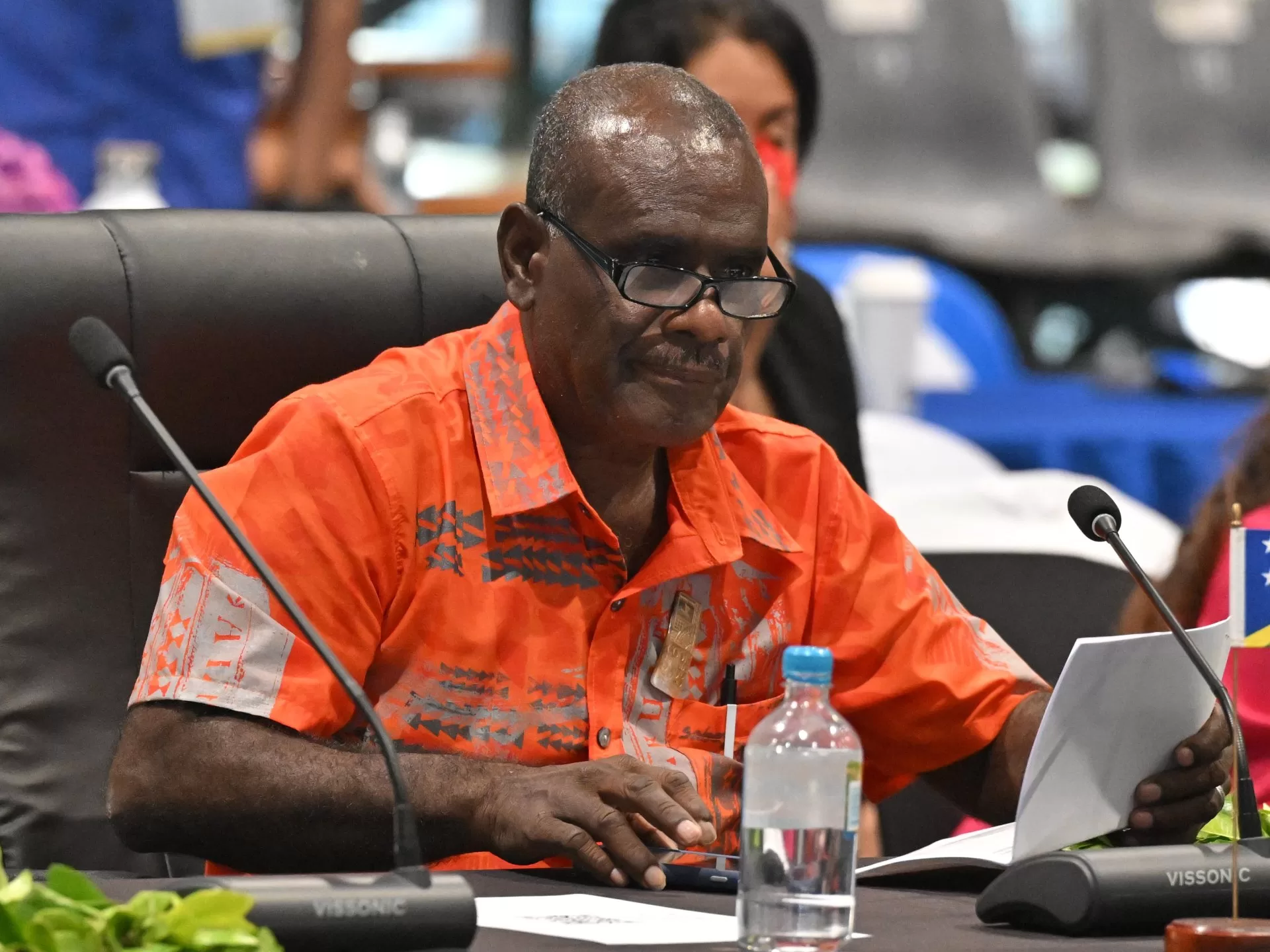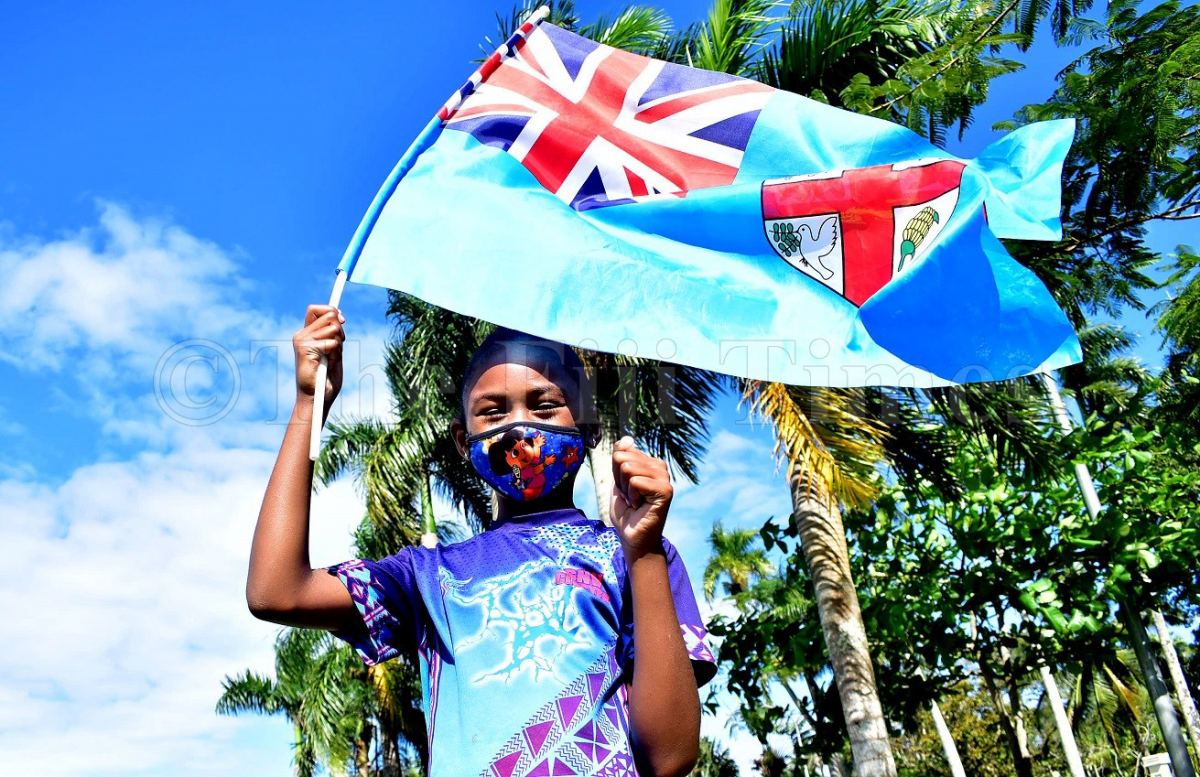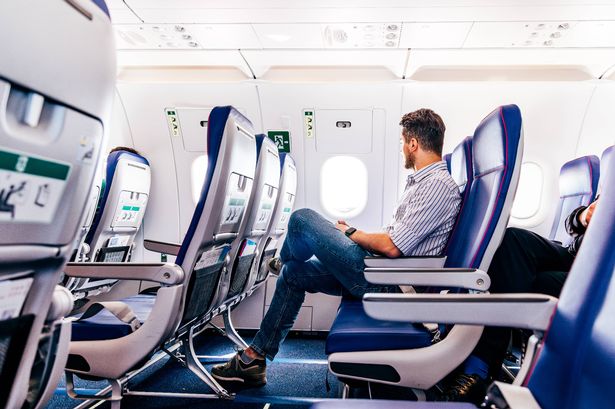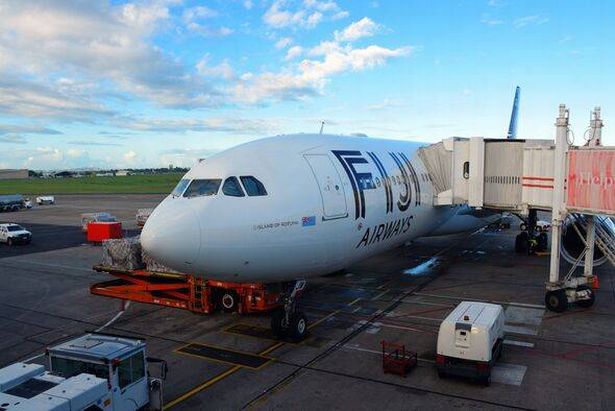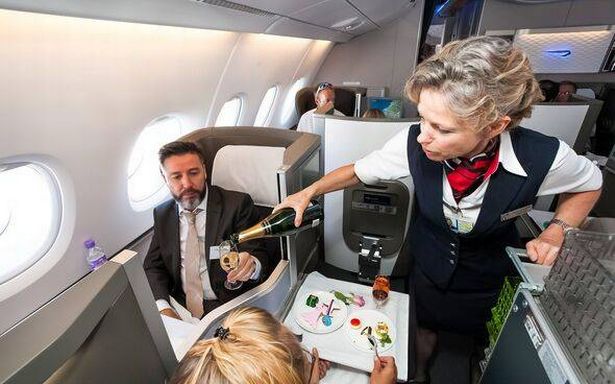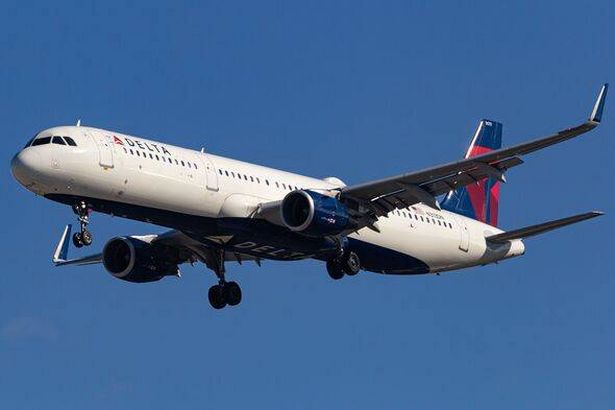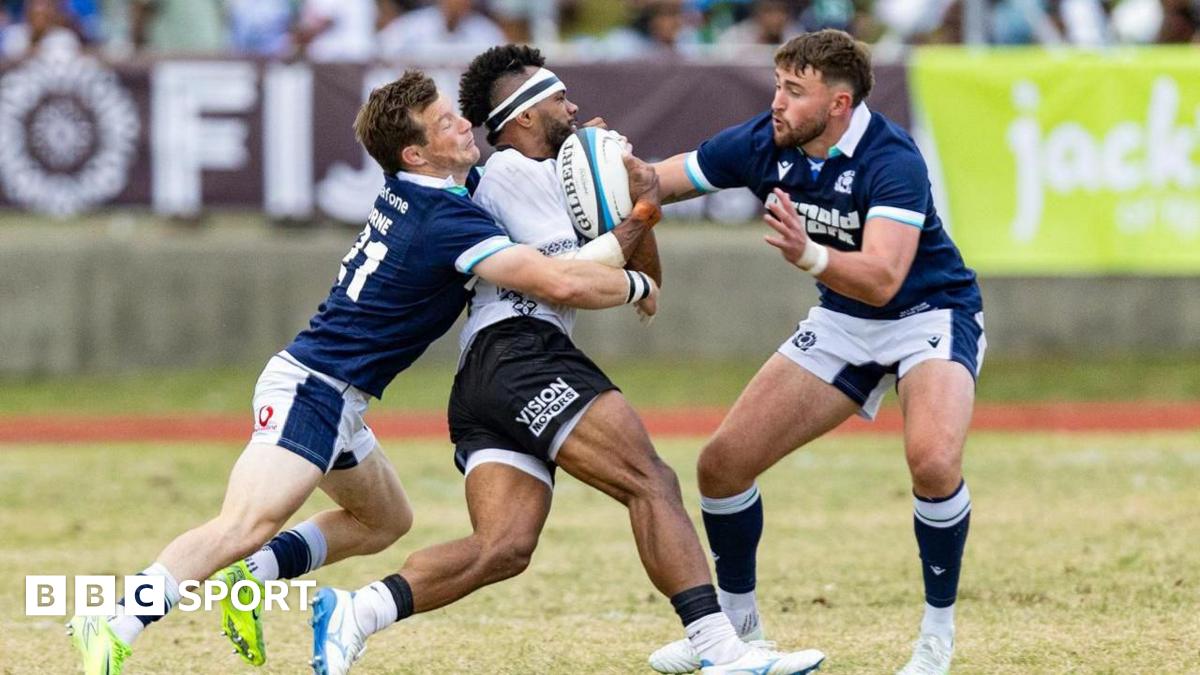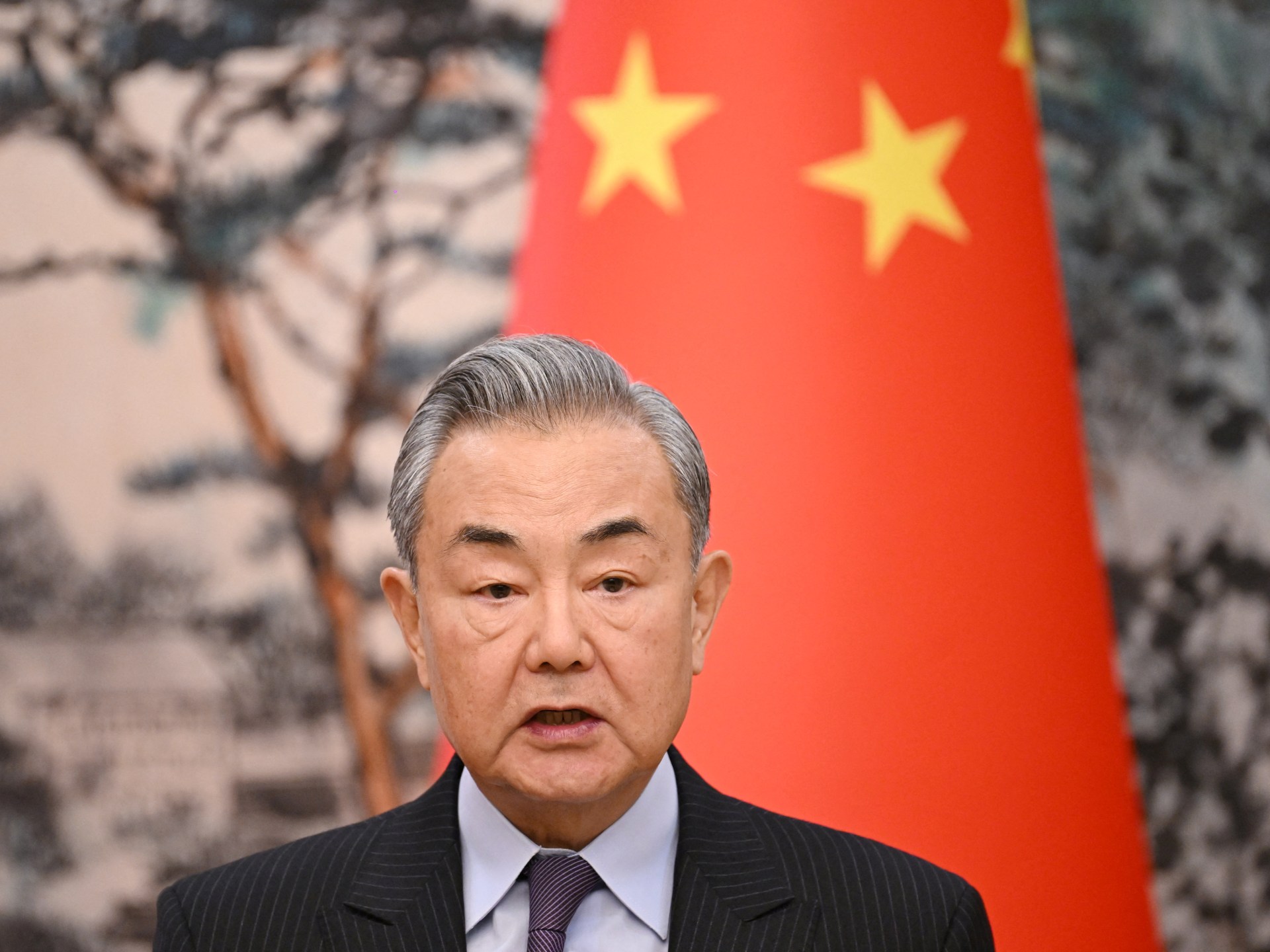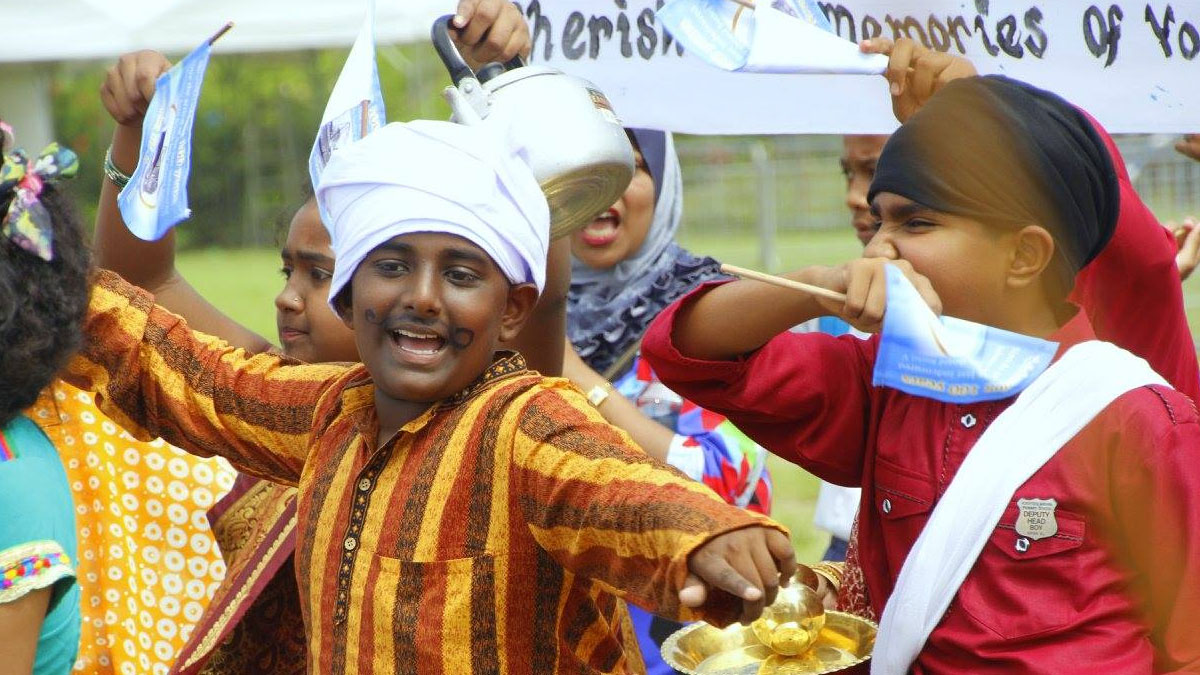Alesandra Dubin has flown business class with six airlines including British Airways and Virgin Atlantic but her favourite is one you might never have heard of
For the majority of us, jetting off on holiday means squeezing into an economy seat. The luxury of Business Class is often just a pipe dream due to its hefty price tag.
Yet not all business class experiences are equal. Travel expert Alesandra Dubin has sampled the business class services from six top airlines and has singled out one as particularly exceptional.
Speaking to Business Insider, one of her favourites wasn’t one of the big guns like Etihad, British Airways or Virgin. Instead, it was Fiji Airways‘ business class service. She said: “Flight attendants were attentive from the start, offering pre-flight drinks and warm towels, and there was even complimentary WiFi, a rare perk.”
Following a scrumptious vegetarian meal, Alesandra managed something almost unheard of on long-haul flights – a solid seven hours of sleep.
She attributes this remarkable feat to the Airbus A350’s ultra-comfortable seats that fully recline. She elaborated: “The seat, with direct aisle access, a 17-inch screen, ample storage, and lie-flat recline, was super comfortable.”
Alesandra also enjoyed the novelty of watching the plane’s landing gear via external cameras displayed on her seat-back screen.
Although it was her first time flying business class with Fiji Airways, she expressed eagerness to repeat the experience.
British readers will be pleased to know that Alesandra also spoke highly of UK-based airline British Airways in her international travels.
She lauded the “exceptional” meals on board and was particularly impressed with the beverages, noting: “The wine selection was well-curated, and I opted for a glass of delicious port with my cheese plate.”
Although British Airways didn’t offer complimentary wifi, she considered the £20 charge for in-flight internet to be “fairly priced.”
Virgin Atlantic also received praise but fell slightly short in Alesandra’s view due to the food being “a bit less plentiful” than desired on a 10-hour journey, and the 22-inch seat felt somewhat snug and tricky to adjust.
However, she acknowledged that Virgin’s onboard bar area made it an excellent choice for larger groups flying together.
When it comes to domestic flights within the United States, the travel guru was unequivocal in her preference. She stated: “If you ask me, there’s no superior US airline to Delta, and the competition doesn’t even come close.”
In her opinion, Delta One, which is marketed as business class, actually rivals first-class offerings with its private mini-cabins.
Delta’s perks include free wifi and lie-flat seats that are not only extremely comfortable but also simpler to adjust than those on Virgin, despite being slightly narrower.
Following an exclusive transfer from her plane to a connecting flight via Porsche, Alesandra expressed that Delta’s VIP treatment solidified its position as her top airline choice.
